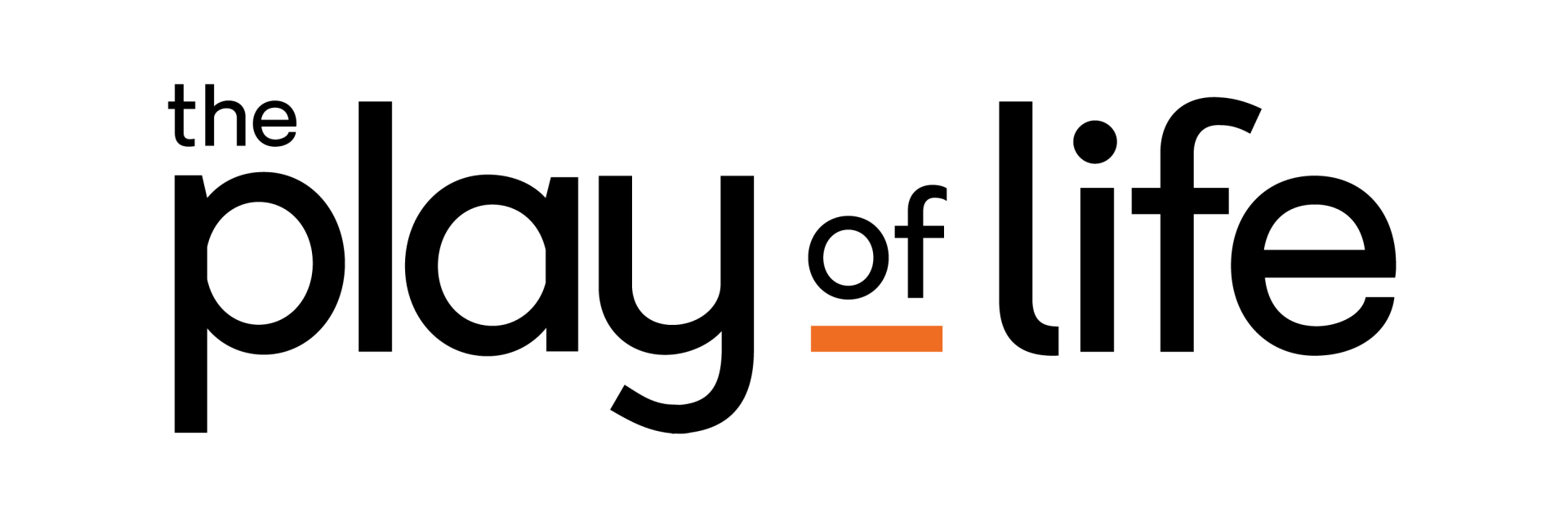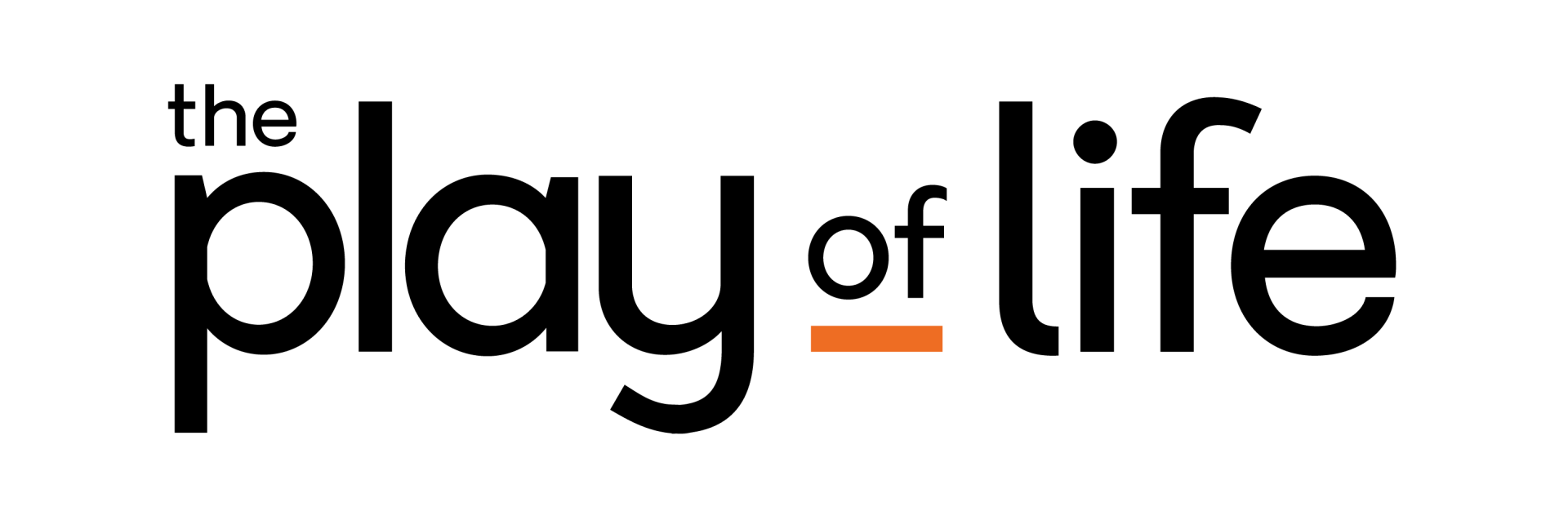The journey begins with gratitude and celebration: What am I grateful for, and what am I celebrating?
Teshuvah means repentance and return, but return to what? It is a return home—to who I am and who we truly are.
Deep within, we carry the imprint of the person we are meant to be, the best version of ourselves. Yet, through pain, suffering, and selfishness, we stray from this ideal, hurting ourselves and others along the way.
This is the moment to contemplate the person I am meant to be—my True Self. It is a time to move toward repentance and change. As I look back over the past year and beyond, I reflect on the thoughts, emotions, and actions that have distanced me from my True Self, causing harm to both myself and others.
In wonder and hope,
Carlos
It includes joyous moments but should also encompass times when I discovered goodness in myself and others, even amidst suffering, loss, and the horrors of war.
Teshuvah follows—a time for reflection and mending relationships, a process of returning.
Teshuvah means repentance and return, but return to what? It is a return home—to who I am and who we truly are.
Deep within, we carry the imprint of the person we are meant to be, the best version of ourselves. Yet, through pain, suffering, and selfishness, we stray from this ideal, hurting ourselves and others along the way.
This is the moment to contemplate the person I am meant to be—my True Self. It is a time to move toward repentance and change. As I look back over the past year and beyond, I reflect on the thoughts, emotions, and actions that have distanced me from my True Self, causing harm to both myself and others.
As we reflect, we often feel either regret or remorse. Regret is more about ourselves—feeling bad for the harm we've caused ourselves; it's about me.
Remorse, though, is about stepping into the other person’s shoes and feeling their pain as if it were our own.
Saying sorry out of regret is very different from saying it with genuine remorse. If someone hasn’t forgiven us, it might be because they didn’t sense our genuine remorse, or maybe they aren’t ready yet.
This time of year (but should be every day) is also a moment to forgive others—whether they’ve apologised or not. Forgiveness is one of the most freeing things we can do, and it helps us start fresh.
Just as important, I need to forgive myself to make room for new beginnings.
Saying "Shanah Tovah"—A Good Year—feels insensitive when I witness so much pain and suffering in the world. We are all trapped, not only by the selfishness, ideologies, religions, superstitions, nationalisms, and beliefs of those in power but also by our own, which continue to divide and dehumanize us.
Are we learning?
What is one thing I can do differently to contribute to a fresh start, beginning with those closest to me?
In wonder and hope,
Carlos


